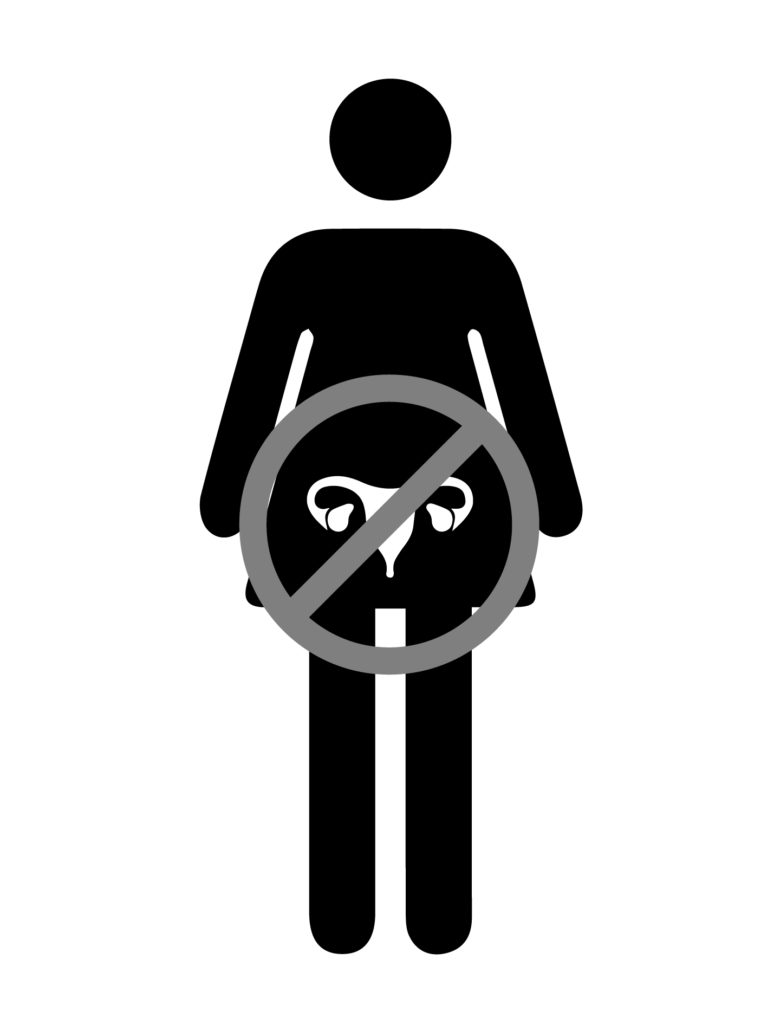New abortion laws have passed in Alabama and Georgia this past month that have caused concern amongst reproductive rights groups across the country. On May 15, Republican Alabama Governor Kay Ivey signed into effect the most restrictive abortion law to date. Under this law, all abortion practices would be illegal unless the pregnant person’s life is at risk. The law makes no exceptions for cases of rape or incest. If a doctor is found guilty of giving an illegal abortion, they could be sentenced to up to 99 years in prison.
In Georgia, a law called the “fetal heartbeat” bill was signed, banning abortions after six weeks of pregnancy. Advocates for reproductive rights have expressed concern that the laws are too restrictive and could cause more harm than good. Some have even wondered if the implementation of these laws will lead to the repeal of Roe v. Wade. The case resulted in the 1973 Supreme Court decision to grant pregnant people the right to choose whether or not to have an abortion.
Although it is unlikely that these sorts of bans will happen in Washington, Seattle University students have expressed concern about what is currently happening on a national level, and what this means for the future while professors weigh in on why this is happening and what to expect.
Anna Petgrave, a second year English major and president of Her Campus at Seattle U, discussed the overall impact these laws will have on reproductive rights across the country and on campus. She explained her worry towards the safety of the people affected by these laws.
“The whole concept of undoing Roe v. Wade just frustrates me in general because it took so much to get there. To make [abortion] illegal isn’t going to stop it, it’s just going to stop safe access to abortions,” she said.
The Seattle University Students for Life group and the Seattle University Conservative Union were contacted but no comments were given.
This fear of Roe v. Wade being overturned was reignited when these laws were proposed as a way to challenge the court to review the 1973 Supreme Court decision. Some worry that this challenge will go through and the Roe v. Wade decision will be overturned, but others disagree.
Deirdre Bowen, a law professor at Seattle U, said that the likelihood of Roe v. Wade being overturned is slim, citing stare decisis, which makes courts look at past rulings to make decisions.
This means that they would have to feel that the previous ruling was wrong in its relation to the “right of privacy” in the 14th amendment, which she said is unlikely.
“What the court is more likely to do is allow the states to increasingly regulate abortion and narrow its access…It’s going to be a lot of small regulations, not an aggressive overturning of Roe v. Wade,” Bowen said.
She referenced the Supreme Court decision in the Casey v. Planned Parenthood case, which allowed for states to regulate abortion without too much undue burden and without violating federal law under Roe v. Wade. In other words, states cannot ban abortions.
Conservatives are fighting to put laws into place that restrict access to abortions, but none have been to this extent. Kay Ivey, the Republican Governor of Alabama who signed the Alabama Human Life Protection Act, expressed her views on the importance of protecting all human life.
She, like many others, feel that abortion goes against her religion and said that “every life is a sacred gift from God.” However, some critics have argued that this justification is flawed because of the legal protection of the separation of church and state. Despite the support of these laws from other republican politicians and figureheads, not every conservative person is in support of these new laws.
Tomi Lahren, a conservative political commentator took to Twitter express her opinion on the matter.
“I will be attacked by fellow conservatives for saying this but so be it, this Alabama abortion ban is too restrictive. It doesn’t save life, it simply forces women into more dangerous methods, other states or countries. You don’t encourage life via blanket government mandate!” she wrote in a tweet.
The timing of these laws is no coincidence, according to Patrick Schoettmer, a political science professor at Seattle U specializing in U.S. Politics. He correlated the recent laws with reelection season, citing past events where presidential candidates up for reelection used social issues as a pull for voters, such as Bush outlawing same-sex marriage and Obama’s push for marijuana legalization. Schoettmer said that this time, it’s Trump using the often partisan issue of abortion during reelection.
“Most Americans think that Roe should be legal, so focusing on or reminding people that you’re trying to get rid of Roe entirely will do more to upset people than it will to mobilize them.”
The editor may be reached at
news@su-spectator.com









